Reflections from their children
This year, let’s step away about what we’d like to give our fathers, if we are fortunate to have them with us, and celebrate what they’ve given us—specifically, a respect for nature and an eco-consciousness that has improved our lives and the life of our communities. Here are 10 who
remember their dads in that bright spirit.
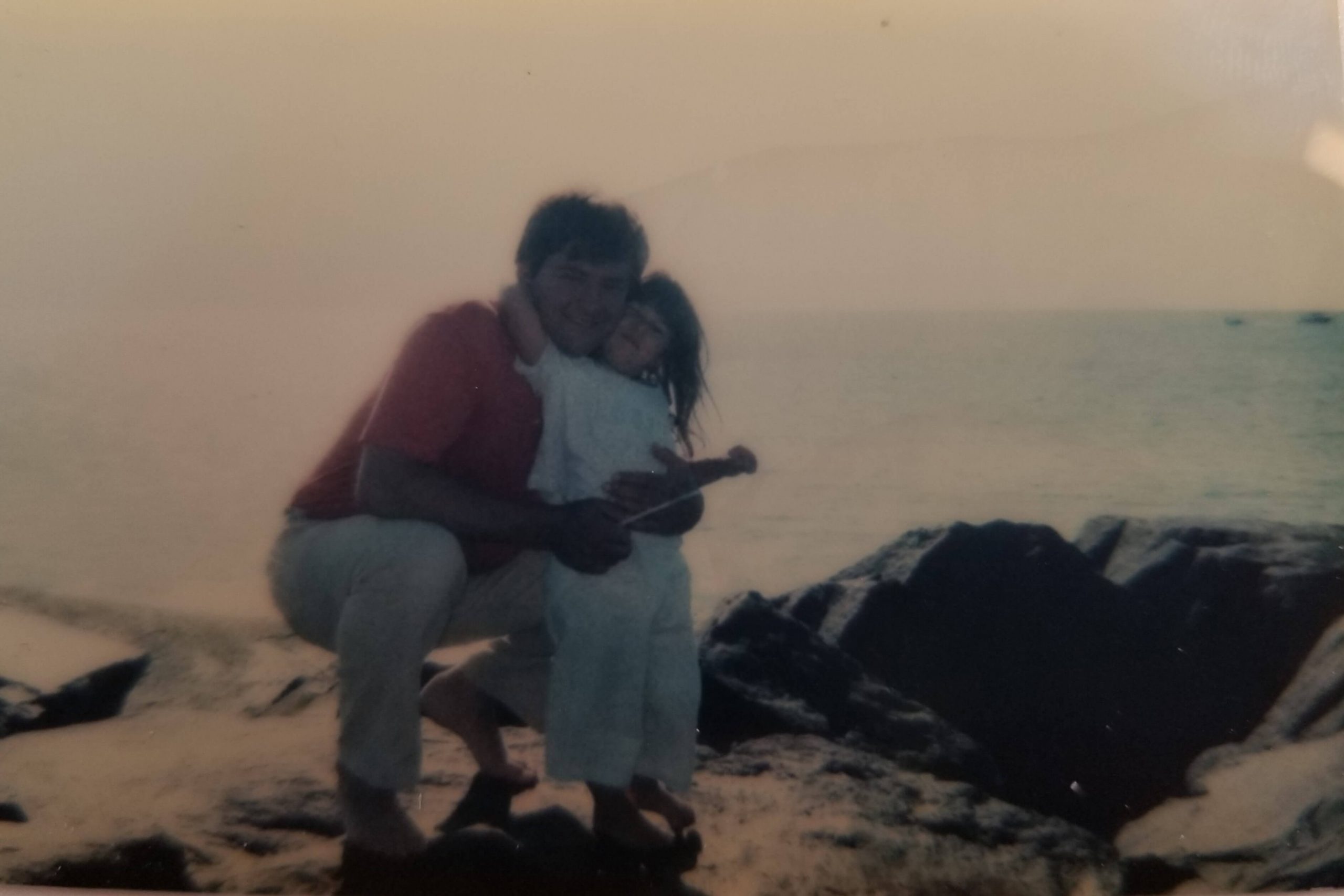
Elizabeth and Jerry Walton. Courtesy Elizabeth Walton
Elizabeth Walton, CFRE, executive director of the American Lung Association Arizona in Phoenix, grew up outside of Cleveland, Ohio. She spent summers at a family home in the little town of Vermilion along Lake Erie.
“My father, Jerry, and I have both always loved being on the lake–swimming, boating—which taught me to be eco-conscious. From there, I became aware of other environmental issues, like air quality, which is a large part of my career today with the American Lung Association,” she says, noting that one
of its goals is clean air for all.
She moved to Arizona six years ago to be closer to her younger sister. “I love living in Arizona,” Walton says. “This state is so diverse and offers us so many opportunities to get outside and explore nature.”
Scottsdale resident Randy Schilling was the development director at Audubon AZ for a decade, where he worked with associates such as former Scottsdale Mayor Sam Campana. Named by his grandmother for the actor Randolph Scott, he’s a semi-weekly steward now at Pinnacle Peak Park in Scottsdale.
His dad Fritz (or Frederick) was an outdoorsman and took him fishing when he was 8 to Turkey Creek in Merrillville, Indiana, near Chicago, where they both grew up.
Dad set him up with a cane pole and a bobber.
“Before my dad could put a worm on his hook, the bobber started to run, so I flipped the cane pole up over my head and brought in my first fish, a bullhead,” he says.
That day he also bagged five others and a four-pound carp that he needed help to pull in. “Dad eventually got his line in the water and caught three
bullheads,” Schilling recalls with a smile, “but this was my special day, the day I became a fisherman.”
Growing up in the area, he would soon trek regularly to the creek with his friends to fish and observe.
“We saw robins and woodpeckers. We saw muskrats swimming in the water. We saw snakes slithering in the grass. We saw squirrels climbing up trees chasing each other.”
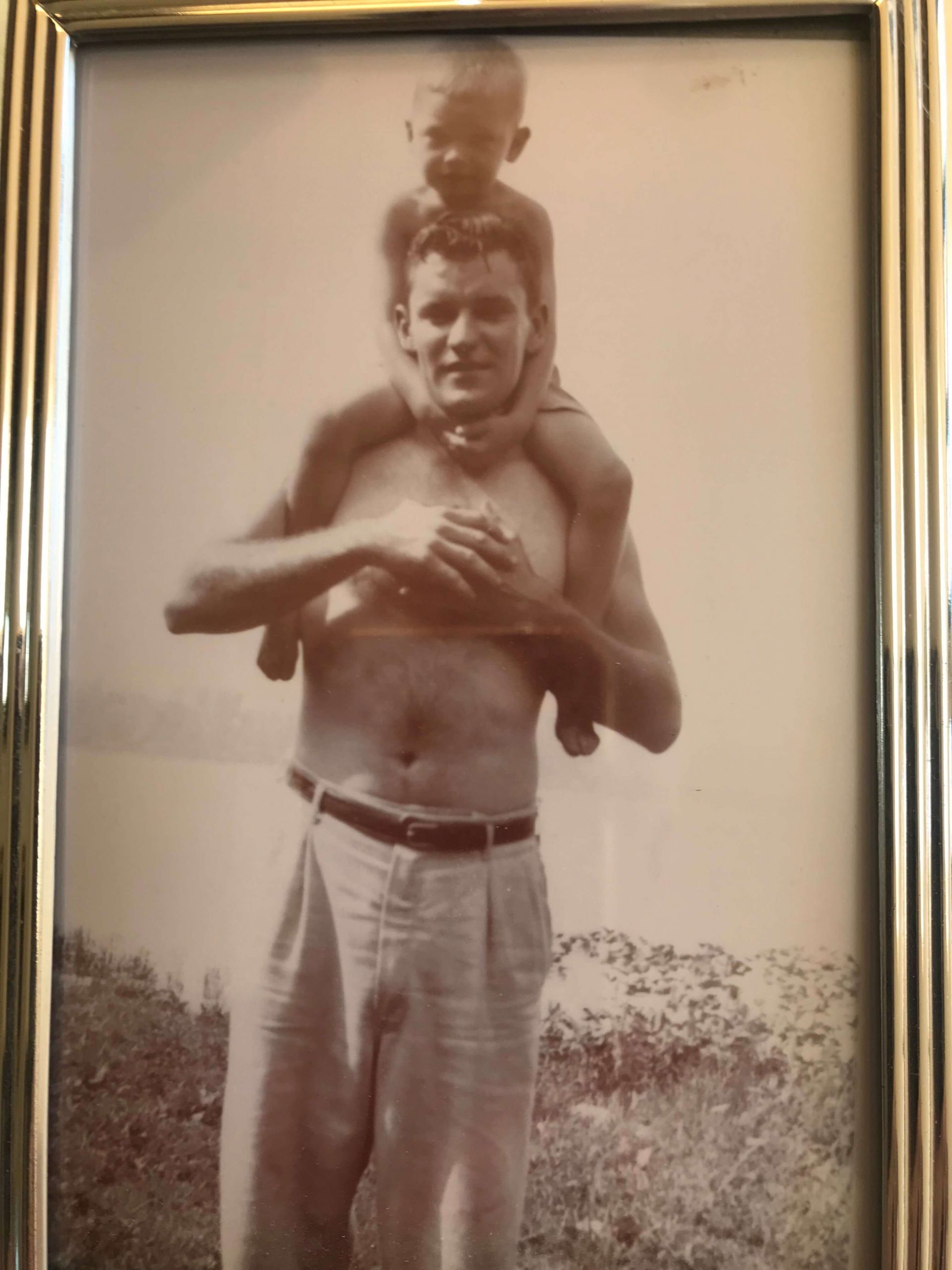
Courtesy Randy Schilling
He also went with his dad on his country bread route.
“I would ride in the truck with him out in the country, and he would tell me about the different animals we would see. We saw deer, pheasants, and weasels, to name just a few. He would tell me about the crops planted in the fields and how the farmers tended to their fields to raise corn and wheat,” he says.
In these outings, he had his dad all to himself, and he learned about life, which influenced him to help protect the environment in his adult life.
“I just wish dad was still around, so I could take him fishing to my favorite places and share the good times,” he says.
John Busterud is the regional administrator in San Francisco for the EPA Pacific Southwest, which includes Arizona.
His father, also named John, inspired his career as an attorney and service in the military. He was also his most influential environmental mentor,
encouraging him at an early age to appreciate the natural environment, both in native Northern California and in Southwest Oregon where his
father was raised.
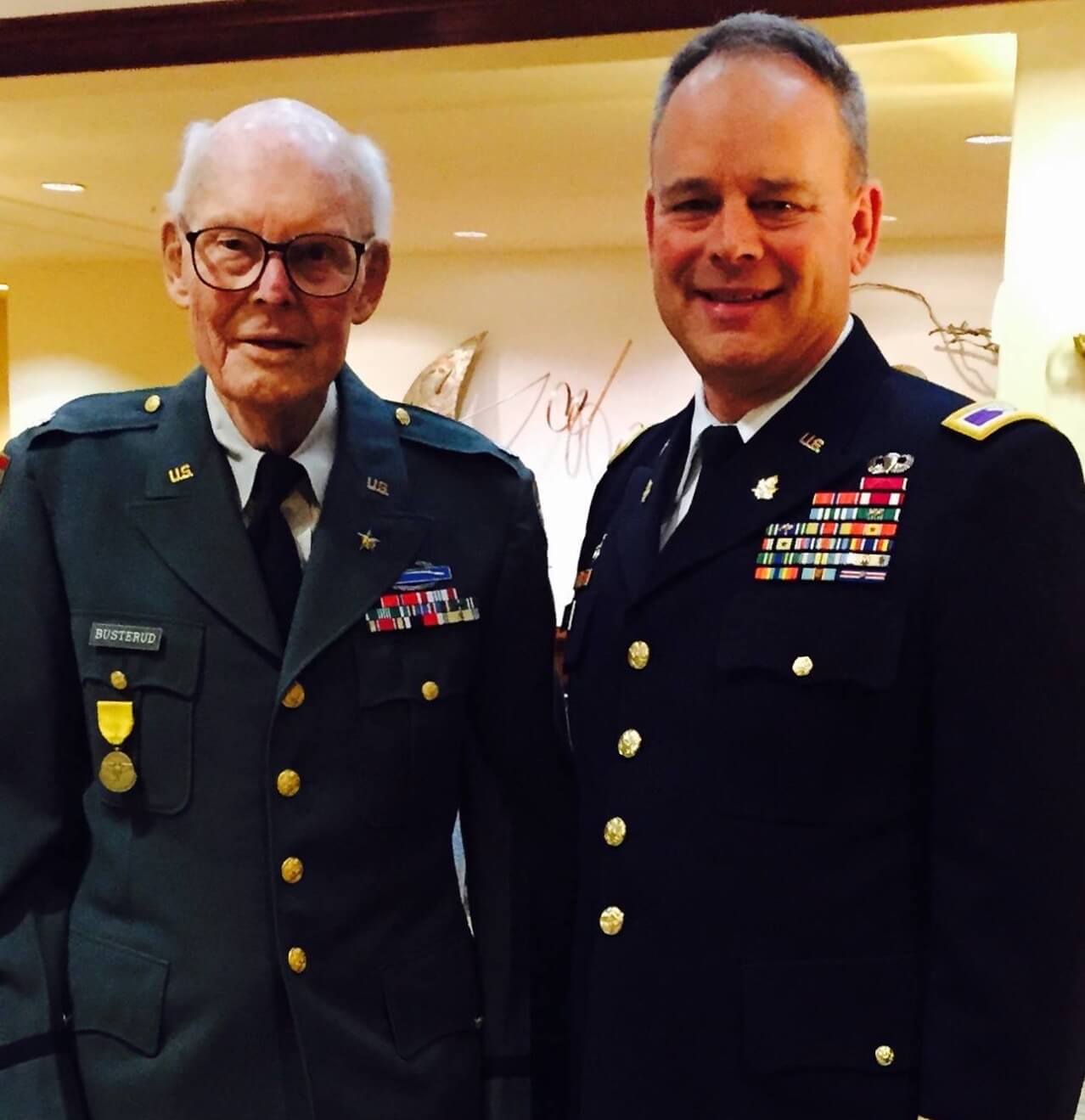
Lieutenant Colonel John Busterud, Veterans Day, 2015. Photo courtesy John Busterud
John senior served in the California Legislature, where he was minority leader and the last Republican elected in the Haight-Ashbury district—a significant achievement considering the area’s well-known political alignments since the latter part of the 20th century.
During his tenure, he championed preservation issues, notably the protection of a portion of Golden Gate Park. And, after his elected service,
he was also active in a grass roots citizens’ effort to preserve the headlands at the north end of the Golden Gate Bridge. For those who have visited the area recently, hikers and cyclists now safely enjoy opportunities to appreciate one of America’s great engineering achievements.
He later served in the Nixon and Ford administrations as deputy assistant secretary of defense for environmental quality and chairman of the president’s Council on Environmental Quality.
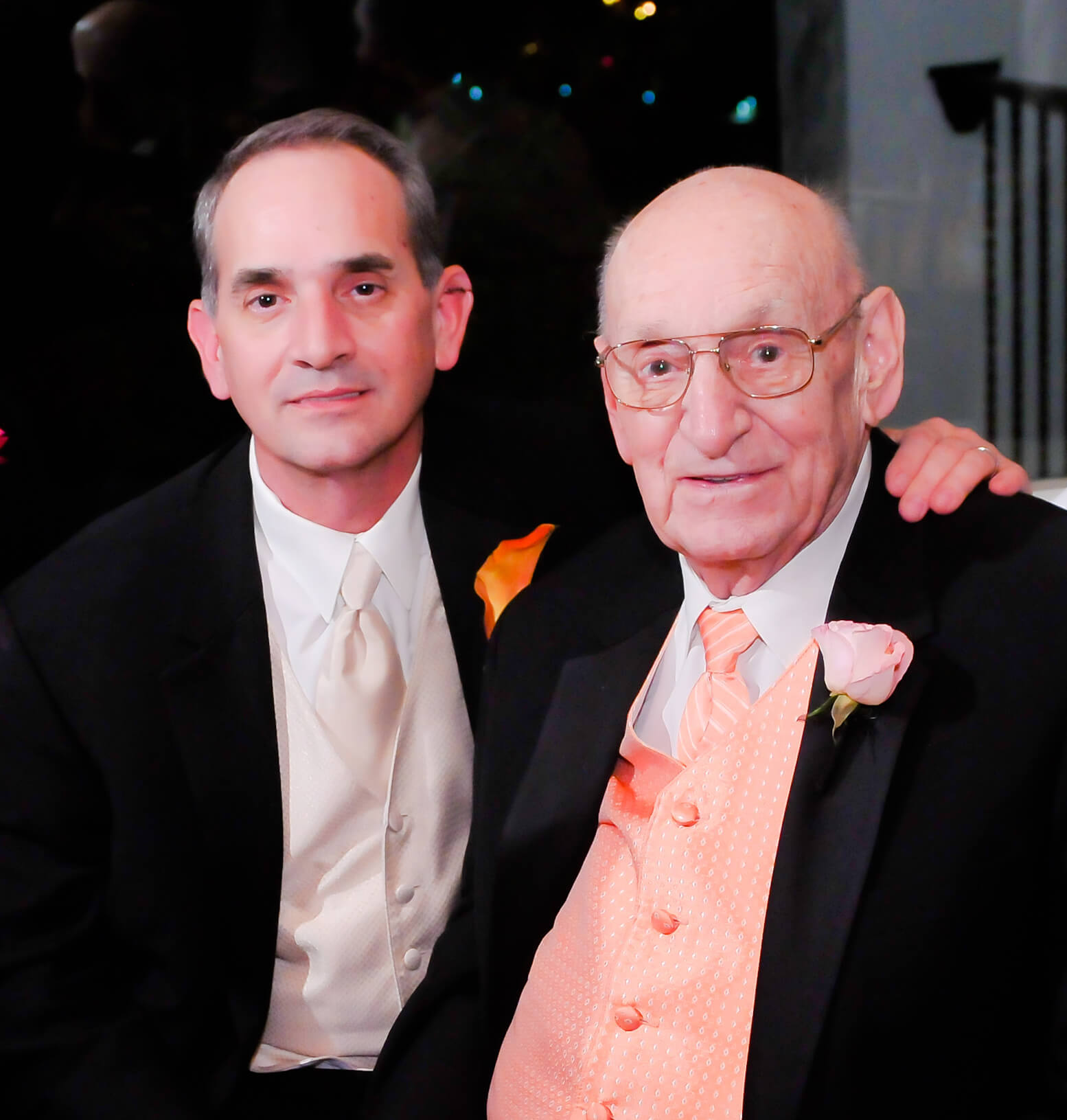
“Throughout his career, and especially as I grew older, Dad would discuss significant environmental issues with me,” Busterud recalls. “I came to appreciate the complexity of environmental challenges and how responsible
regulation should engage all stakeholders in crafting sustainable and effective solutions.”
In Arizona, Michael Keyack is deputy director at the Arizona Department of
Environmental Quality, created 17 years after the EPA was founded in 1970. He notes that his father, Daniel, was born in a small Pennsylvania mining town.
“He grew up during the Great Depression, when every resource was precious every day,” he says. “After serving in the Army Air Corps during
World War II, he studied chemical engineering and began a career in the design and manufacture of semiconductor devices. His greatest career
ambition was to become the president of a company, and, through hard work and patience, he reached his goal.
“One night, as my father was leaving work, he noticed an employee wheeling a 55-gallon drum out to the back of a building and dumping the
contents down a ravine,” he adds. “He investigated and found that this dumping had been going on for some time. He recognized the need to stop the dumping and address the issue quickly to protect the environment. He hired a consulting firm to assess the scale of the problem, estimate the cost
of the remediation and investigate safe disposal.”
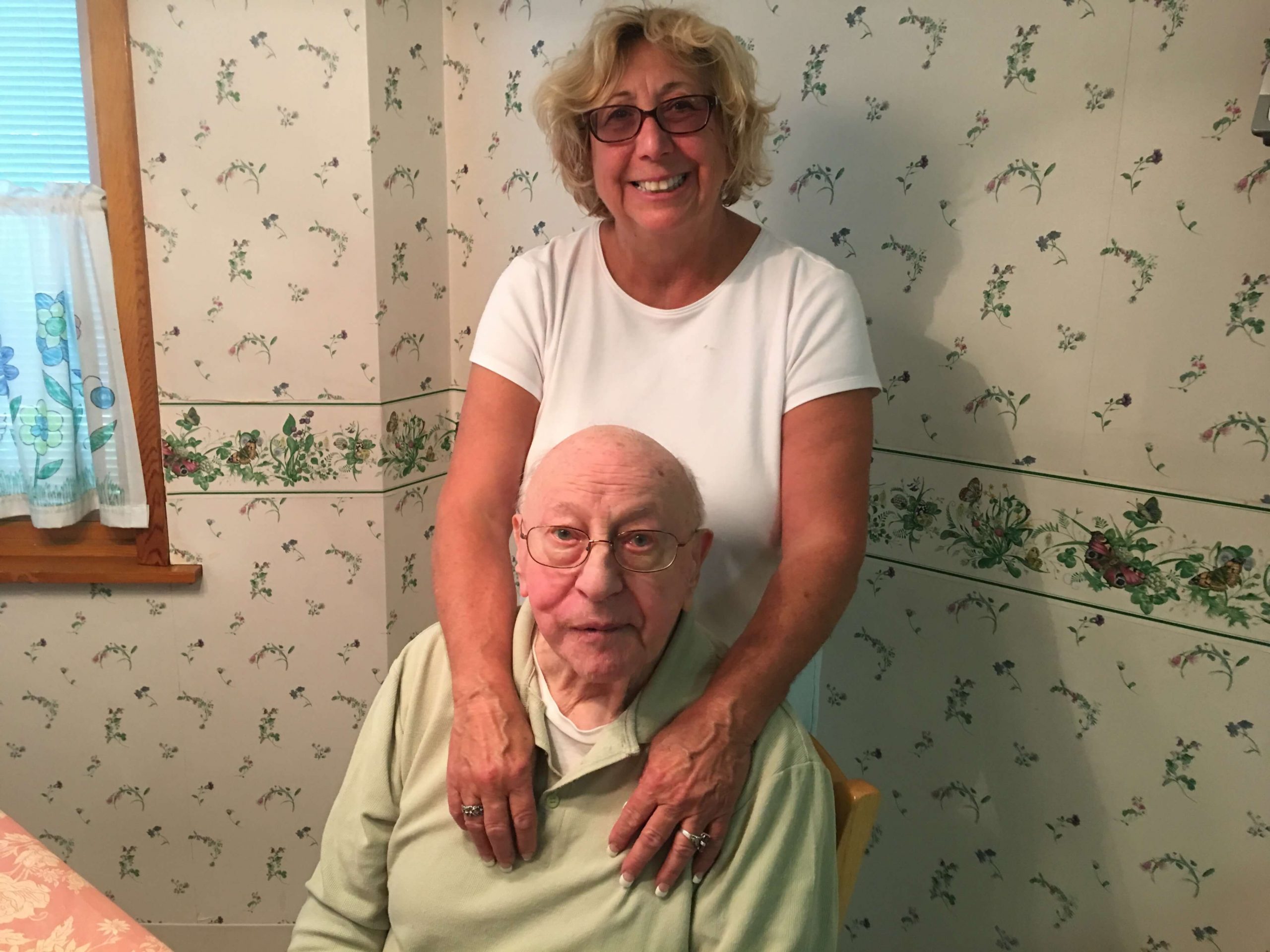
He presented the owner of the company with a solution and clean-up cost, but the owner declined to act. His father then resigned from his long-sought-after position.
“Maintaining his values and respect for the environment were more important,” Keyack says. He also learned that his grandfather, a miner, died at a young age from coal dust inhalation.
“My father modeled how we all can aspire to do the right thing when it is needed,” he adds. “Both men inspired me to protect human health and the environment.”
In Scottsdale, Carmella Diamond owns Carmella’s Savory Fare, which creates “memorable, soulful, authentic cooking classes and dining experiences,” to share her passion for connecting people with food. Recently, during COVID-19 restrictions, she began offering Zoom classes.
Her dad, Louie Evangelista, was born in Queens, New York, just two years before the beginning of The Great Depression. He taught her the value of things when everything was precious.
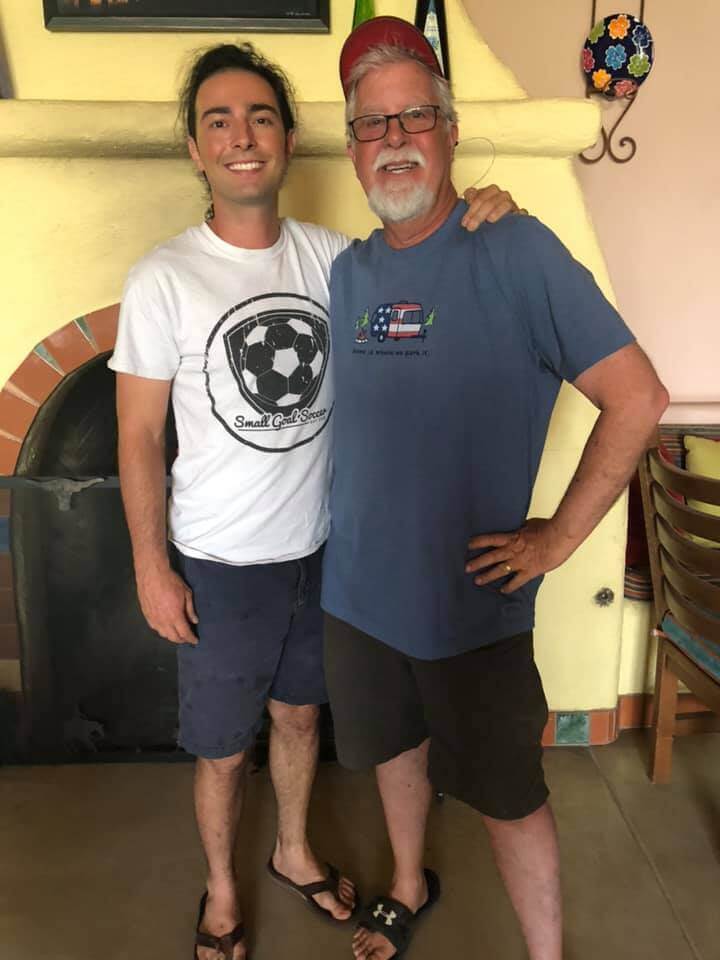
“Daddy never threw out anything. Louie always found a purpose to reuse items,” she recalls. “Baby food jars were good for keeping screws, aluminum foil always had a second or third life cycle. And, food was never discarded. It
was transformed to something re-created by my mother in her great cooking.”
A pioneer of eco-design and building in Arizona has been the Edwards Design Group, also based in Scottsdale.
The owners are brothers Kevin and Doug Edwards. Kevin’s son, Austin Edwards, a 2013 Arizona State University business graduate with an emphasis in sustainability, works with them, creating new and renovated spaces using green materials and technologies.
“My dad and mom have influenced and inspired me to be eco-conscious from the beginning of my life,” he says. “From the start, my dad led by example, putting quality organic food on the table and providing a home environment that merges the natural desert and sustainable building techniques into a beautiful home environment.
“When I was younger, I figured a house with a cooling tower was normal, and I didn’t think twice about why dad picked straw construction for our family home or why I have an efficient refrigerator,” he adds. “My dad has truly led by example and, as a 28-year-old man, I am finally figuring out
how eco-conscious my dad is and how much I take after him.” He lives in Tempe and has a garden and fruit trees, rides a bike, and visits farmers’
markets.
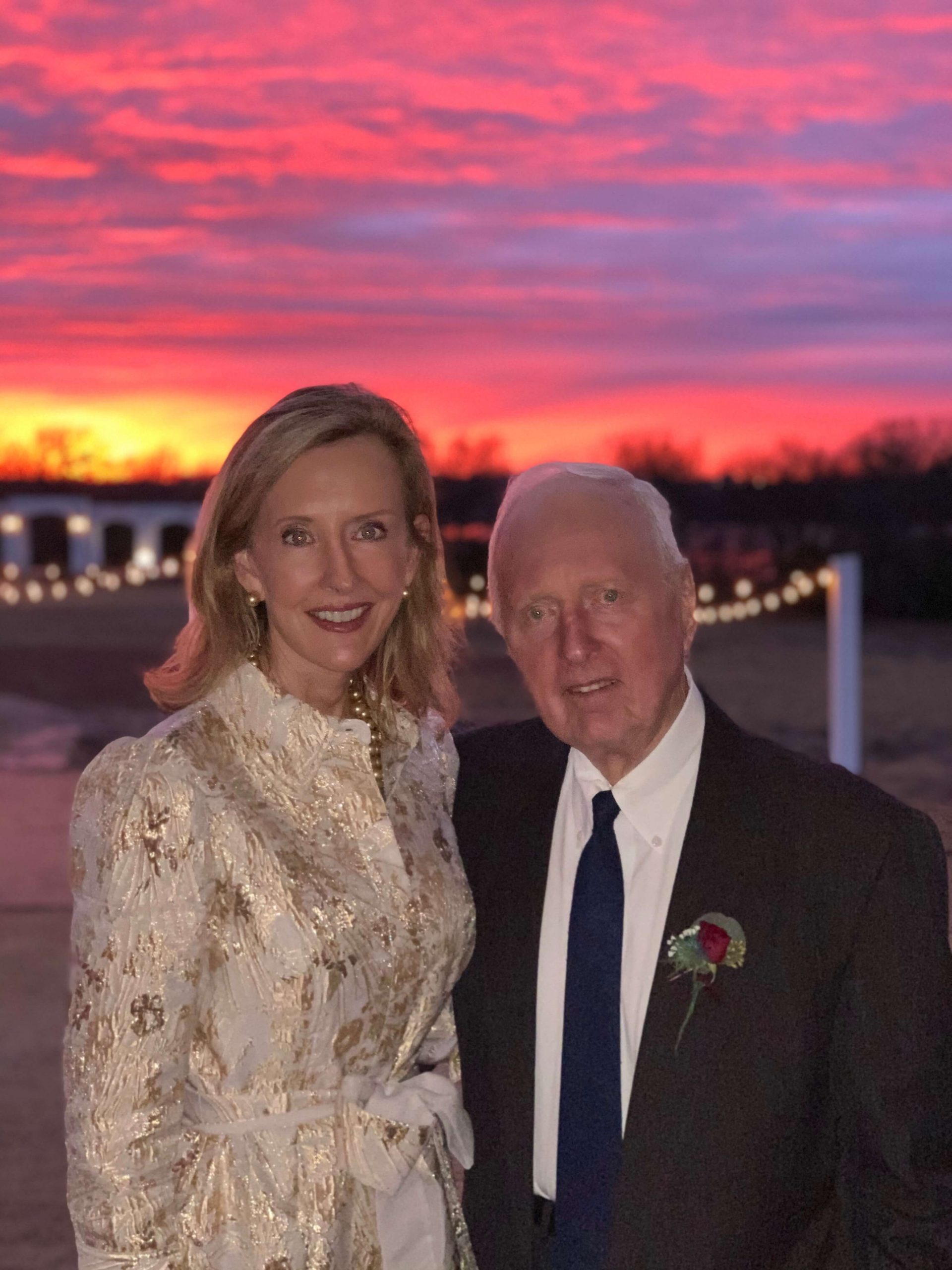
“My hope is people see the value in making daily choices that lead humanity
toward an eco-conscious and healthy future,” he says. “After all, it is not the
planet we are going to have to save, it will be ourselves.”
An Arizona native, Karrin Taylor Robson is the daughter of Carl J. Kunasek,
who served in the Arizona House from 1972–1984 and then in the Senate from 1984–1988, where he was its president. An attorney, she is president of Phoenix-based Arizona Strategies, a land-use strategy firm. She has also worked with national organizations on Endangered Species Act and wetlands issues.
“My parents were the first environmentalists I met, and my dad’s work in the Legislature left some great legacies, including the state’s historic Groundwater Management Act under Governor Bruce Babbitt and the Indian Bend Wash in Scottsdale. A former EPA Superfund site in a floodplain that regularly flooded causing extensive damage, today’s 11-mile greenbelt
comprises popular parks, lakes, paths and golf courses.
“My father instilled in me a love and respect for our fragile desert environment and an appreciation for its beauty. We spent many weekends traveling around Arizona, from the tall pines on the Mogollon Rim, to the historically rich Hopi Mesas, to Southern Arizona’s beautiful rock
formations in the Chiricahua National Monument and to our state’s many fabulous lakes.” The family didn’t have a lot of things, but they had
tremendous opportunities, especially for work.
“We were implicitly taught the dignity of work, of taking care of oneself, being prudent in all things—in particular, being prudent with what we have been given,” she says. “So, we were taught to be stewards of the land and our environment and we were taught to always leave a light footprint wherever we went.
“At home, we always recycled. My parents’ mantra was always, ‘Waste not, want not,’ and we were taught to appreciate what we had.”
Scottsdale interior designer Tanya Shively grew up in Jackson Hole, Wyoming, near Yellowstone and Grand Teton national parks. “I was surrounded by nature and a conservation mindset from the earliest days,” she recalls. “My father’s health issues with asthma pushed me to educate myself about healthy design. I also learned perseverance, determination and a positive attitude by watching him deal with those challenges.”
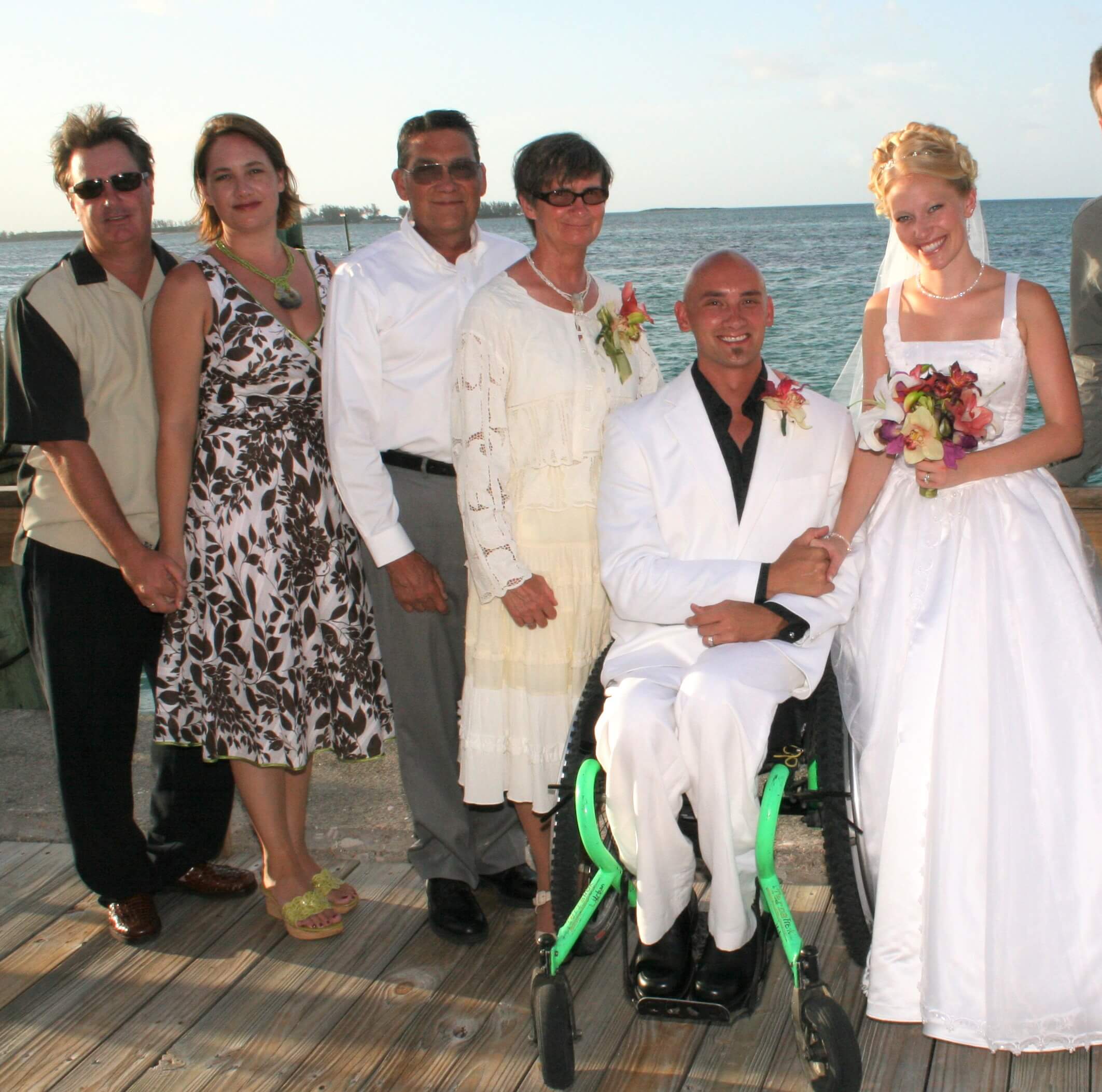
brother, Colby; and sister-in-law, Meara Kortum. Courtesy Tanya Shively
Today her Sesshu Design Associates focuses on her WELL DesignedTM interior design methodology, which holistically combines eco-sensitive
technology and materials for comfort, style and psychological well-being.
Her dad supported and encouraged her love of art and design and nature.
“He grew up on a ranch and was very hands-on, always fixing and building and renovating. I learned so much by just watching him do things and create things from scratch, as if by magic. At the same time, respect for the land and the wild creatures around us was taught by example.”
Andy McCain’s father, John McCain, served Arizona as a senator from 1987 until his death in 2018. He was the Republican presidential candidate in 2008.
The elder McCain moved to Arizona about 40 years ago from northern Virginia. He worked in the Senate liaison office for the Navy in nearby Washington, D.C. A fighter pilot, he was brutally imprisoned for five years in a Hanoi prisoner-of-war camp during the Vietnam War.
“He became enamored and ultimately consumed with the beauty of the state,” McCain recalls, noting that much of that appreciation resulted from his dad staying with his mom, Cindy, at their mountain cabin in Cornville, a small community north of Phoenix.
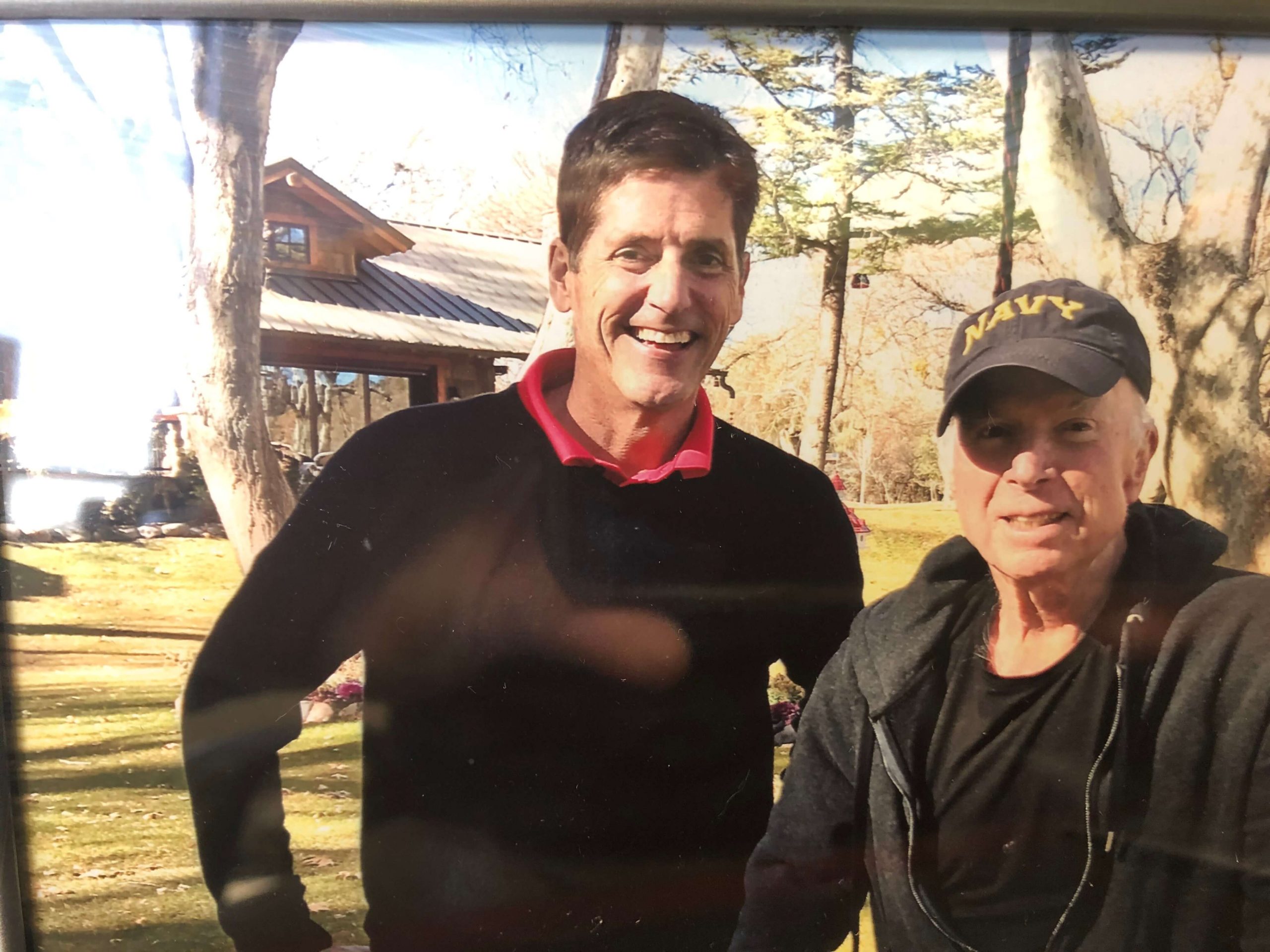
“Whenever anyone visited, he would go on and on about the trees on the property, especially the cottonwoods and the sycamores.”
McCain is president and chief operating officer for Phoenix-based Hensley Beverage Company, which distributes spirituous beverages as well as energy drinks, water, teas and wine. A Phoenix resident since 1996, he is married to Lucy; they have two married children, Margaret and Andrew.
“Dad would comment on the birds that had made seasonal homes on their property,” he adds. “He was always thinking of ways to preserve the property so it would always be a refuge to the wildlife. He would get particularly animated when the white tail hawks would appear and he could watch them at length as they patrolled the property looking for their next meal.”
A few years ago, a special owl was released on the property. “He could not drag a visitor fast enough to show them his new feathered friend sitting in the tree,” he recalls. “He would say to me or one of my siblings, ‘C’mon, let’s go show so-and-so the owl!’”
John McCain also loved the peace and comfort of the Arizona outdoors.
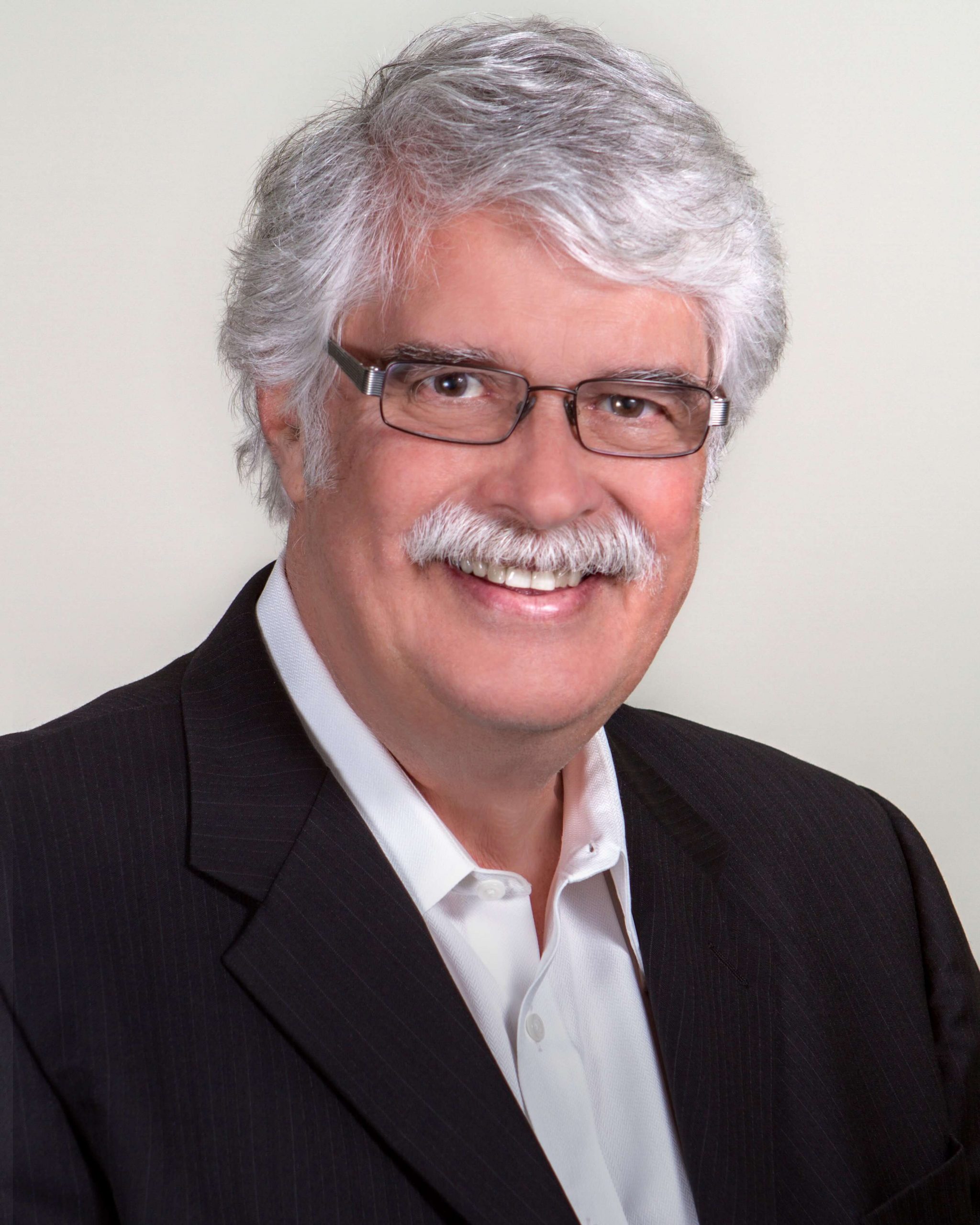
“I think Dad loved Arizona so much that it was the first place he could really call home,” his son says. “Until he moved to Arizona, the longest he had ever lived consecutively was Hanoi, North Vietnam. Being rooted in Arizona gave him a real sense of hometown pride that most of us take for granted.”
Bill Ramseyer is a Realtor® and Brand Ambassador with the Private Client Group, Russ Lyon Sotheby’s International Realty, Scottsdale. With wife Mary, he is the father and stepfather of eight, and he has 10 grandchildren. The couple live in Scottsdale.
With documented ancestry to 1535 in Switzerland, his father Simon was born in Michigan; Bill’s mother, Hilda, was born in Iowa and traced her family to Norway. His father was a minister, and the family traveled throughout the United States from 1925 through 1955, evangelizing.
His eco-consciousness today is based in a fascination, he explains, “of the connectedness between all things.” This recognition began in childhood, guided by his father and the family. They were necessity-driven recyclers.
“My mother’s Norwegian father made violins from discarded wooden telephone poles,” Ramseyer recalls. “And both sets of my grandparents made clothes for their children.” When he was growing up in Milwaukee, the family had a basement fruit cellar with canned jellies and jams so as not to
waste food.
“My mother would dry clothes outside on a clothesline, and my father drove our car very short distances,” he recalls. “Water was conserved by taking a bath once a week in a tub. No showers were available, and there was no air-conditioning.” During World War II, the family rationed goods and services
with other Americans. Glass soda bottles and milk bottles were recycled.
“We were not unhappy with our lives because we were curious about the adventure of life and sharing with others. Hope was our friend, rationing was everywhere. We did the best we could,” he explains. “Eco-consciousness then was not a movement; it was a way of life, it was survival.”
Keep up with all of Green Living’s content by visiting our website.
David Brown is a Valley-based writer (www.azwriter.com).






